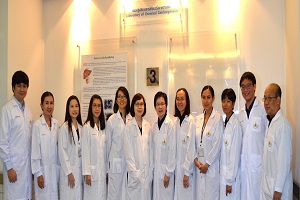
Cancer is a group of diseases characterized by abnormal growth and proliferation. These abnormalities result from a number of biochemical and pathological processes.
The etiology of cancer is complex and involves multiple and diverse factors. Carcinogenesis is believed to be a multistep and multicausal process in which changes in the genome or in the expression of specific genes in somatic cells are responsible for early events in the process known as ”initiation”. This step is followed by clonal expansion of the initiated cell which is termed “promotion”. Both initiation and promotion are known to be influenced by a variety of chemicals.
More than eighty percent of human cancers are believed to be initiated by chemicals and in many cases cancer frequency shows characteristic geographical differences, independent of race and genetic factors. The geographical fluctuations of cancer frequency, coupled with observed changes in the temporal trends, suggest that environmental and lifestyle factors play an important role in carcinogenesis.
Thailand and other countries in this geographical region are known to have high incidence of certain types of cancer such as liver, esophageal and cholangiocarcinoma. These cancers are believed to be related to exposure to chemical carcinogens in food, such as aflatoxin B1 and nitrosamines compounded by viral and parasitic infection.







